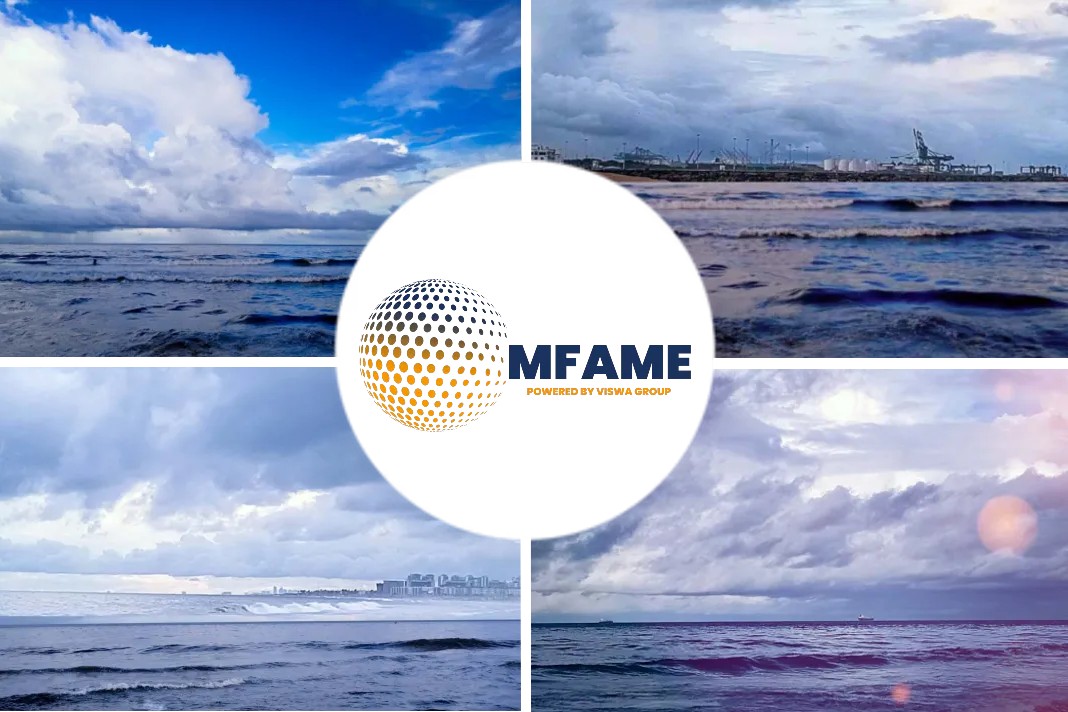
Data analytics firm Vortex has reported of Chinese ports raising their scrutiny regarding port inspection when it comes to older tankers. The latest port to implement tighter measures is the port of Qingdao, focusing on 10+ years old foreign tankers that have changed hands in the past three years.
Multiple Detentions
Maersk Broker has details of the crude tanker Titan, which was detained at Qingdao for a month, after failing 20 safety counts in an inspection. Other ships, including the Ocean Peri suezmax (pictured), have also been detained for weeks at a time too. The vessel, currently called Titan after being renamed seven times, has owners that are hard to trace while insurance of the vessel also remains murky. “Although insufficient documentation and safety lapses are typical for vessels operating in opaque markets carrying Russian, Iranian and Venezuelan crude, the increasing number of tankers detained in Asian ports could mark a potential shift in the attitude towards aging vessel operating in the gray fleet,” Maersk Broker noted in its latest weekly tanker report.
Over at broker BRS, meanwhile, the latest analysis shows the gray fleet is still expanding, but at a slower pace than earlier this year. The latest update from BRS shows there are 758 tankers in the so-called gray fleet, up from 731 a month ago. “This suggests that the gray fleet growth rate is slowing down,” commented Andrew Wilson, BRS’s head of research, a point of view shared by many S&P brokers who have noticed a slowdown in vintage tanker sales recently.
Shadow Fleet
The shadow fleet has more than tripled in size since the start of the war between Russia and Ukraine, with TankerTrackers.com suggesting recently that one in five VLCCs are “up to no good”. TankerTrackers.com, one of the world’s leading authorities on the illicit seaborne movement of oil, has its own visually-proven numbers on the dark fleet, which as of two weeks ago tallied 544 ships. Major class societies, managers, and insurers have shunned former clients in Moscow, Tehran and Caracas, with substandard tonnage subsequently running into trouble at many destinations around the world, exacerbated by increased use of ship-to-ship transfer operations, all of which is proving a tremendous strain on the world’s shipping insurers.
Did you subscribe to our newsletter?
It’s free! Click here to subscribe!
Source: Splash247





















